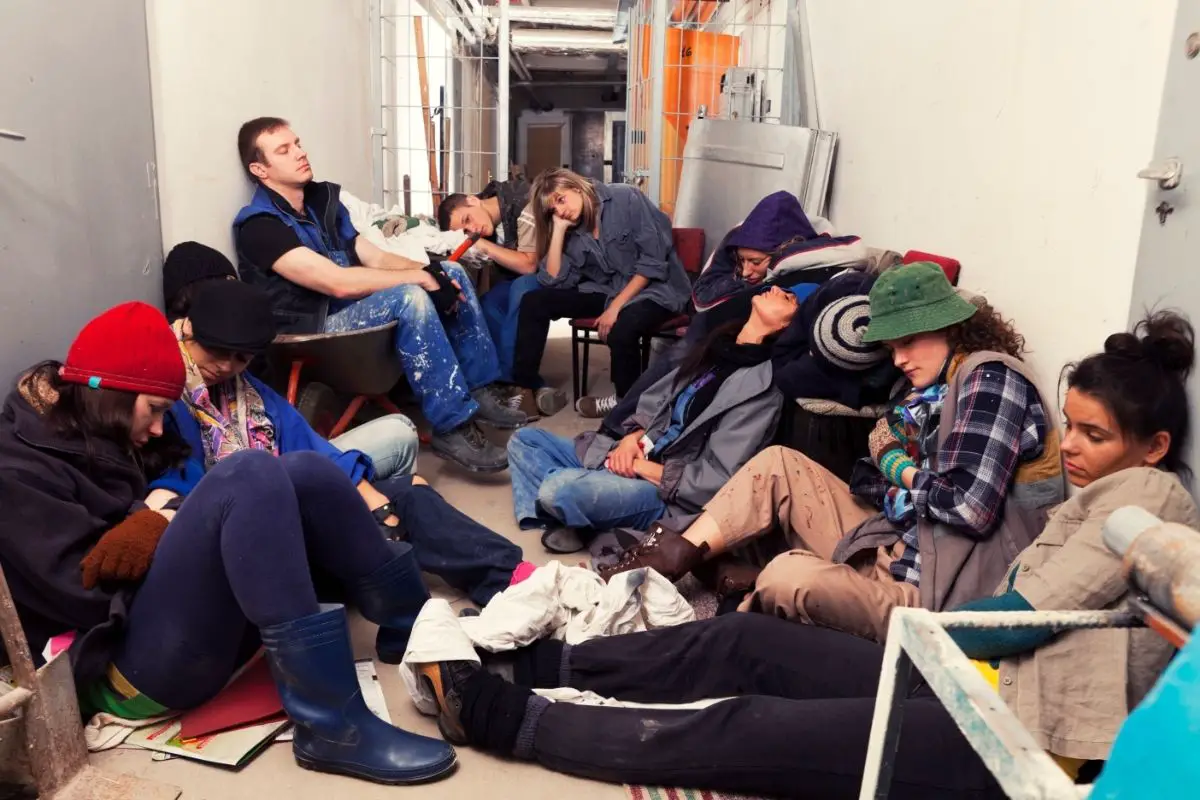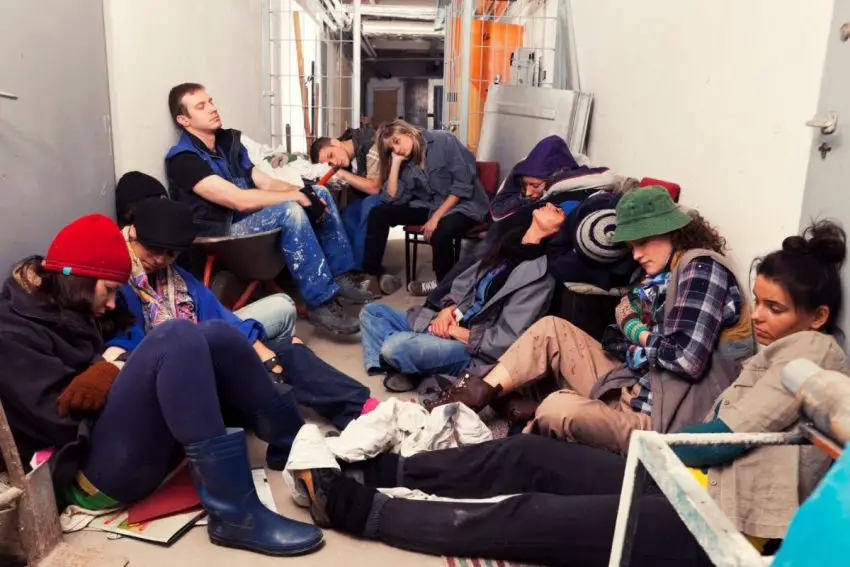You might be wondering for research, wanting to help, or curious about some aspects of being homeless. Even though the homeless have no good place to live, employment, food, or clothing, there are homeless assistance programs.

Still, these are limited in funding and don’t have the furthest reach into the most vulnerable communities.
It might not be surprising to learn that ten million people in over 5 million low-income households receive federal rental assistance, and 23.4 million low-income households in the U.S. pay more than half their income on rent.
If you are in the unfortunate position of homelessness, this article will advise you on matters of finance and hopefully will be of use.
Contents
Do I Have To Pay Taxes If I’m Homeless?
You might assume that many homeless people don’t have access to employment to pay taxes in the first place. Many homeless people work, especially if they have the means of getting to and from a workplace.
It’s not surprising then that over half of people living in homeless shelters in the U.S. had formal earnings, and those who don’t have access to a shelter also had earnings at 40%.
As long as an individual meets the minimum requirement salary, they must file taxes.
Anyone making an annual income of more than $10,150 as a single person or $20,300 as a married person filing jointly is above the tax threshold and therefore required to file a tax return.
Sadly, almost half of Americans pay no federal income tax because they do not meet that minimum salary requirement.
Why Should People Who Are Homeless File Taxes?
Filing taxes could be beneficial for individuals who are homeless, especially if they are employed, if they are married or if they have children or other dependents.
Additionally, low to moderate-income households who earn an annual income of less than $14,590 for single adults and $20,020 for married couples who file jointly without dependents will qualify for the earned income tax credit program.
They can receive a maximum tax credit of $495 for single adults and higher amounts for households with dependent children.
Also, employers are required to withhold taxes from any employee’s paycheck, so people who are homeless and working should file federal income taxes to receive a tax refund payment from the IRS.
If these people are living in a housing assistance program, case workers can check in with them around tax season to help them complete their taxes.
They can use the address of their P.O. Box at the homeless Center to file taxes and receive their tax refund payment if applicable.
What If I Need Help Filing My Taxes?
There are two main free tax return preparation services available, but ensure you qualify first to avoid disappointment. These are:
- Volunteer Income Tax Assistance – This service offers tax help to people who make $57,000 or less, people with disabilities, and people who speak English as a second language. This service can explain tax credits and prepare a basic tax return.
- Tax Counseling for the Elderly – This service helps those with questions about pensions and retirement issues. It offers free tax help to all taxpayers, particularly those 60 years old or older
What If I Don’t Qualify For A Preparation Service?
If you’re unfortunate to not qualify for help with your tax return, the IRS provides free publications, forms, and tools to help you.
The main service here is the help and resource center that will tell you the many free services and resources that they offer so you can begin to make sense of it all. Below are some other tools that you may find helpful.
- Tax Tools – Find easy to access forms, calculators, and answers to your questions.
- Choose a Tax Preparer – Get help for finding a tax preparer with the credentials and experience to handle your tax needs.
- Forms and Publications – Get tax forms with instructions. You can search for specific titles or products with numbers. This service also offers forms and publications for taxpayers with visual impairments.
How Can I Prevent Myself from Becoming Homeless?
If you’re at risk of becoming homeless and you’ve been given an eviction date, you should contact your local department of social services or visit their centers if you can.

Here, you can get advice on intake centers, prevention programs, financial assistance, and housing assistance.
From this point, you might be referred to a housing program but be aware that some of these are only temporary, and there aren’t any limits on how long you can stay at a local shelter, as long as you’re following the shelter’s rules.
If you have a family and request housing assistance, you may be required to provide identification for all members of the household, with examples such as a welfare I.D. card, green card, driver’s license, passport or visa, or picture employment card.
You will rightly be concerned for your family’s safety by using a shelter, and your local department of social services can recommend a shelter that’s suitable for your needs, but be aware that you may have to use a shelter until housing assistance finds you a permanent housing solution.
Conclusion
It can seem difficult to imagine that there are many resources available to those who are homeless, and of course, this can rely heavily on the area or state an individual is from.
States such as California and New York have high amounts of homelessness and have many drop-in centers, specifically if you’re looking for shelter as a man, woman, or have children and prefer a family center.
Help is accessible to homeless people, but limited funding by the government means these programs don’t have the resources or the people to meet the growing demand for their services and can often lead to frustration and people taking drastic measures such as sleeping in the subway.
Hopefully, you have found some advice in this article that can help you take the first step to take control of your housing situation and starts a process where you, and by extension, your family, have somewhere safe and comfortable to live.





